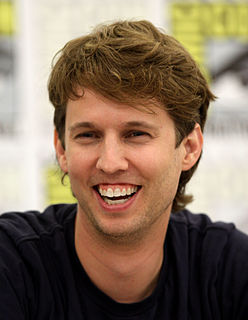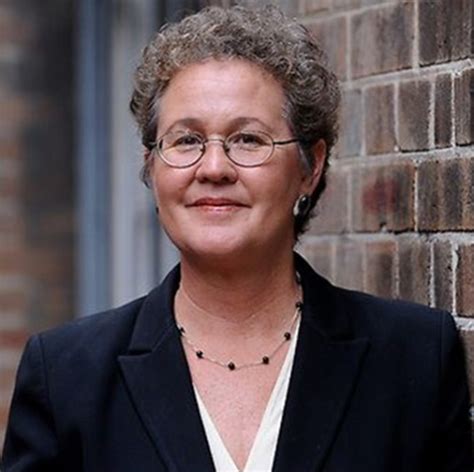A Quote by Robert Kiyosaki
Education is the foundation of success. Just as scholastic skills are vitally important, so are financial skills and communication skills.
Related Quotes
Business requires an unbelievable level of resilience inside you, the chokehold on the growth of your business is always the leader, it's always your psychology and your skills - 80% psychology, 20% skills. If you don't have the marketing skills, if you don't have the financial-intelligence skills, if you don't have the recruiting skills, it's really hard for you to lead somebody else if you don't have fundamentally those skills. And so my life is about teaching those skills and helping people change the psychology so that they live out of what's possible, instead of out of their fear.
It is the acquisition of skills in particular, irrespective of their utility, that is potent in making life meaningful. Since man has no inborn skills, the survival of the species has depended on the ability to acquire and perfect skills. Hence the mastery of skills is a uniquely human activity and yields deep satisfaction.
If someone were to ask whether communications skills or meekness is most important to a marriage, I'd answer meekness, hands down. You can be a superb communicator but still never have the humility to ask, 'Is it I?' Communication skills are no substitute for Christlike attributes. As Dr. Douglas Brinley has observed, 'Without theological perspectives, secular exercises designed to improve our relationship and our communication skills (the common tools of counselors and marriage books) will never work any permanent change in one's heart: they simply develop more clever and skilled fighters!
My background is in arts education and we know, absolutely for a fact, that there is no better way for kids to learn critical thinking skills, communication skills, things like empathy and tolerance. This is true across every boundary, across cultural boundaries, across socioeconomic, it's a great leveler in terms of unifying our world.



































